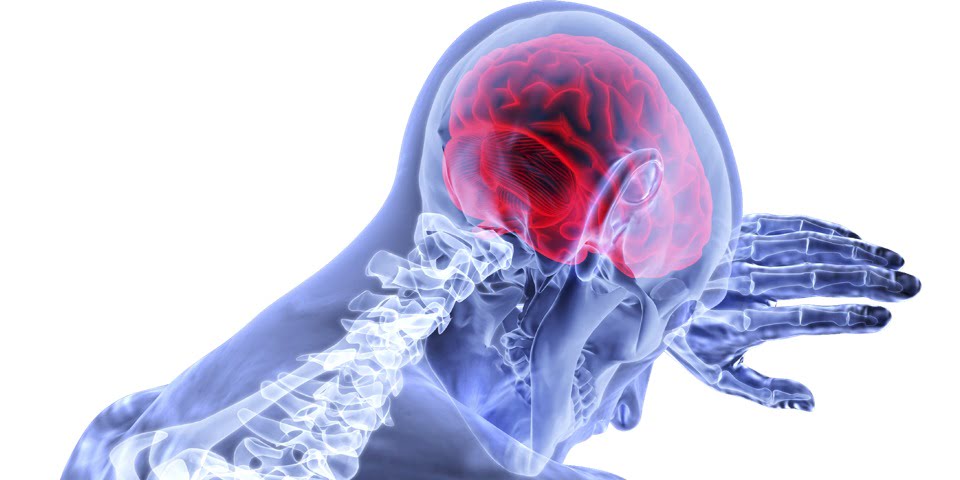This month is Stroke Awareness Week (8-14 August) and one man on a mission to raise awareness for stroke recovery is Julian Reddish who, at just 17 years of age, had a personal experience with the health condition.

While stroke is often thought of as a health condition that happens later in life, for Mr Reddish the diagnosis of stroke came at only 17 years of age and was said to have been the cause of his high-speed motor vehicle accident in 2006.
A devastating blow for Mr Reddish, with his plans to start a carpentry apprenticeship at the time dashed, and his life changed forever – the stroke left him with only partial use of one hand, lingering fatigue and slower walking and communication – he is now using his experience with healing and recovery to raise stroke awareness and to share his experience and to support other stroke survivors and their families.
“The stroke changed everything imaginable about my life,” says Mr Reddish.
Describing the experience as that of being reborn, he says he had to “learn to eat, breathe, talk, walk, socialise again, as if for the first time”.
“Sixteen years later I am still affected from time to time with memory loss and low energy but [I’m] improving as every year goes by,” says Mr Reddish, adding that counselling and seeking support have been crucial to his recovery.
“Counselling and seeking support was crucial to my recovery and ability to cope with this huge life change,” he says.
“So, I am keen to help others so that they don’t lose hope and find ways to live with their disability.”
Mr Reddish’s mission is to help people understand that stroke recovery is possible and that it is possible to enjoy life again – there is light at the end of the “dark stroke tunnel”.
Stroke awareness
A stroke occurs when a blood vessel supplying blood to the brain either suddenly becomes blocked (ischaemic stroke) or ruptures and begins to bleed (haemorrhagic stroke).
Either situation may result in part of the brain dying, leading to sudden impairment that can affect a number of functions, including:
- Paralysis of parts of the body that is normally controlled by the area of the brain affected by the stroke.
- Speech problems.
- Difficulties with swallowing, vision and thinking.
According to Stroke Foundation Australia, stroke is one of the biggest killers in Australia, and more than 445,087 Australians are currently living with the effects of stroke.
To learn more, visit: strokefoundation.org.au/what-we-do/prevention-programs/national-stroke-week.








